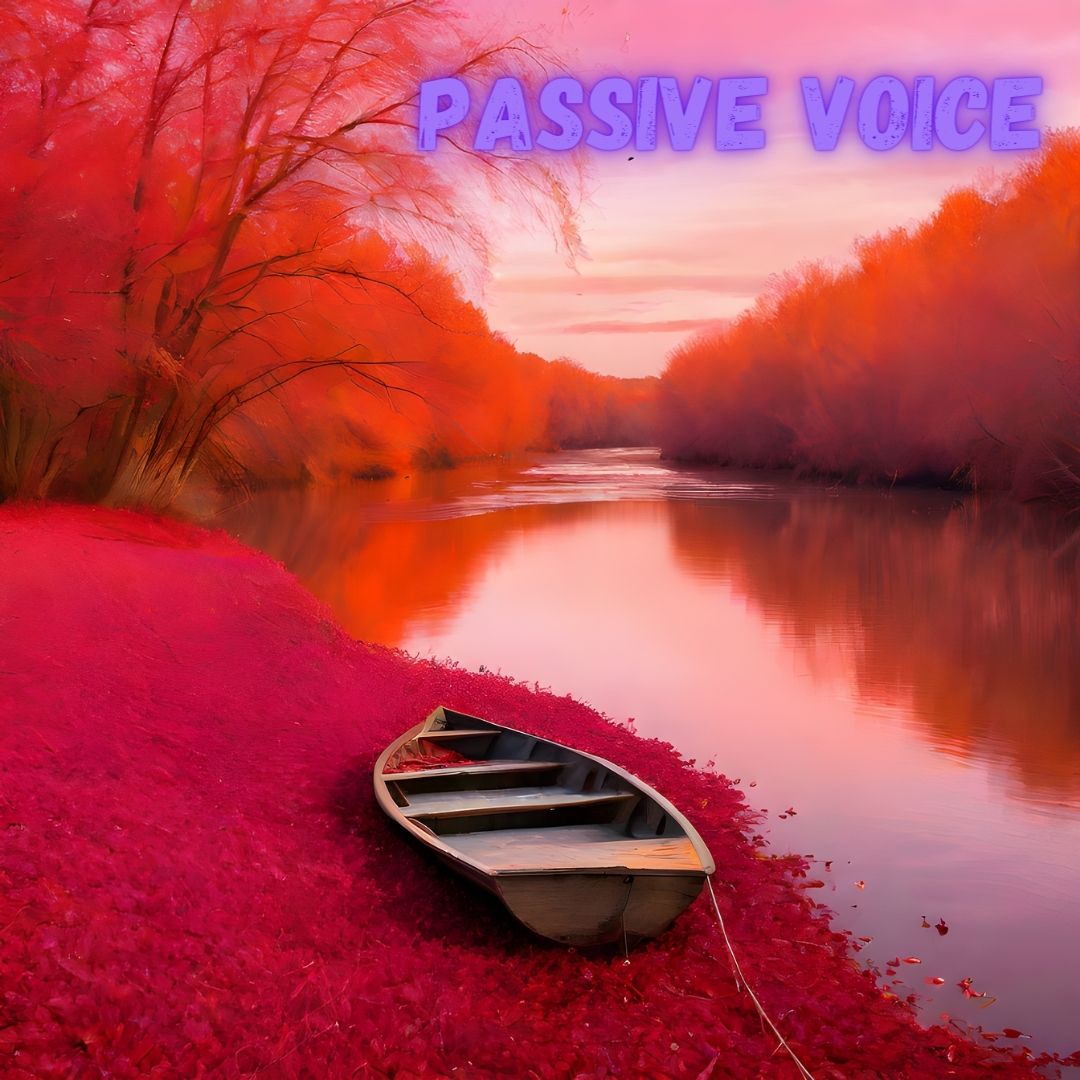Category: verbs

The Indicative Mood-the Passive Voice
In the passive voice, the subject of the sentence receives the action of the verb, rather than performing the action itself. The passive voice is formed using a form of the verb to be followed by the past participle of the main verb.

Transitive and Intransitive Verbs
Transitive verbs are action verbs that require a direct object to complete their meaning. The direct object is the noun or pronoun that receives the action of the verb.Intransitive verbs, on the other hand, do not require a direct object to complete their meaning. They simply describe an action or state of being. Intransitive verbs can be followed by adverbs, prepositions, or phrases that provide additional information, but they do not take a direct object.

Modal Verbs
Modal verbs are a type of auxiliary verb that indicate modality, or the speaker's attitude towards the action or state described by the main verb.

Modal Verbs: might
Might with the indefinite infinitive is used to express possibility or uncertainty in the present or future.In the perfect infinitive form, might have is used to express possibility or uncertainty in the past

Modal Verbs: may
May is used with the indefinite infinitive to express permission, possibility or probability in the present. It can also be used to make polite requests.